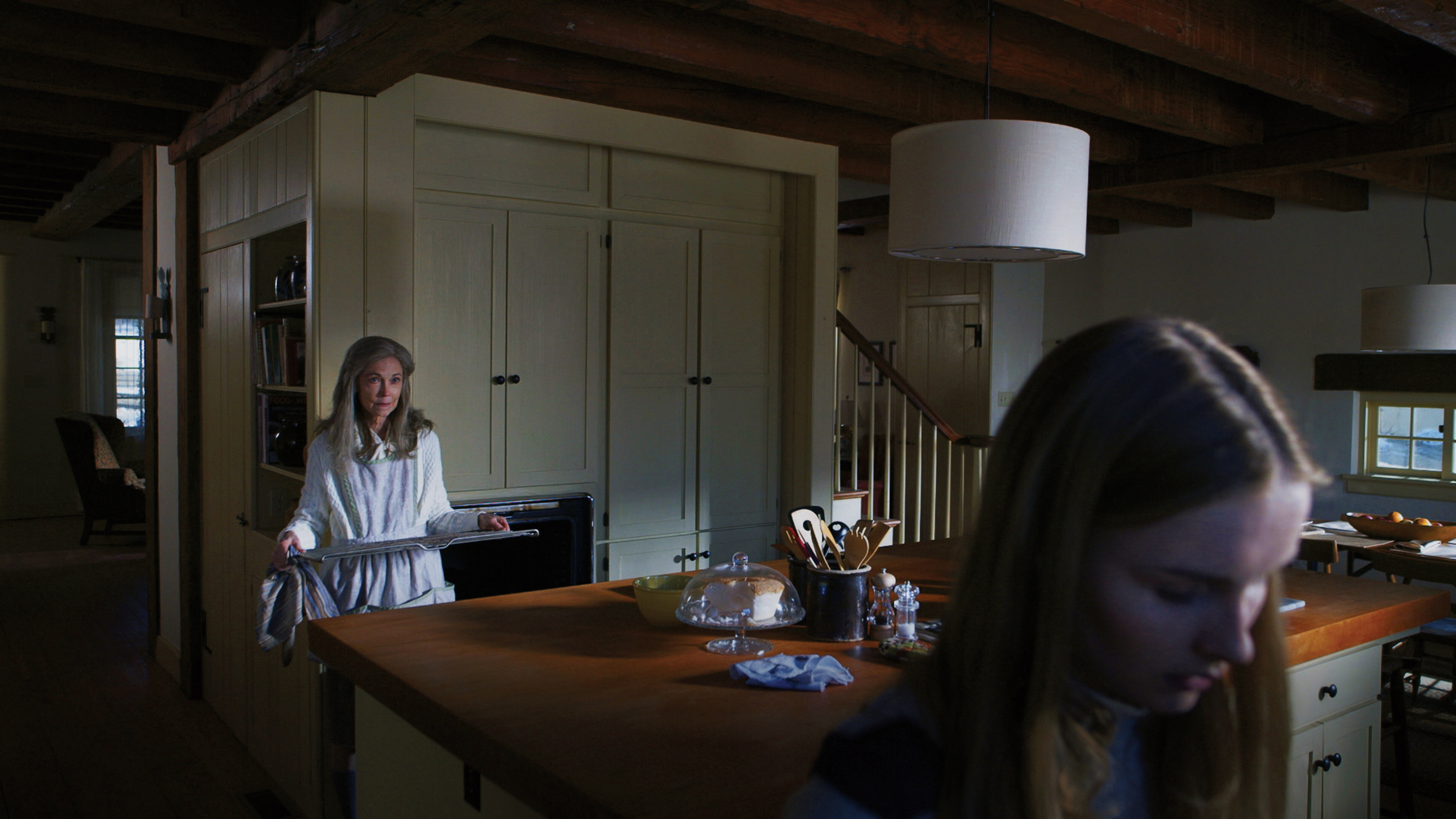If there’s one thing that’s worn out its welcome in Hollywood, it’s the found-footage horror genre. If there’s another, it’s M. Night Shyamalan. The latter started out incredibly strong, with The Sixth Sense still being regarded as a classic, and fizzled out so spectacularly that he hasn’t directed a good movie since 2004 or 2002, depending on your thoughts on The Village (mine aren’t very positive). So you can’t blame people for writing off Shyamalan’s return to horror, a found-footage horror/comedy about a couple of kids visiting their grandparents. But somehow 2015’s The Visit isn’t only Shyamalan’s best film in over a decade, it’s probably his best since The Sixth Sense.
Maybe it was the low budget ($5 million, according to Box Office Mojo). Maybe it was the focus on family dynamics, which drove some of his best work in The Sixth Sense and Signs. But The Visit successfully operates on so many levels that it’s hard to see how the same man could have created a travesty like The Last Airbender.
For one, it’s genuinely scary at times. Shyamalan does a perfect job at pacing the film and escalating the tension, with each night of the visit getting a little bit stranger. It’s also effective because we honestly don’t know whether there’s something wrong with the grandparents. The explanations that the movie provides after each strange incident are usually reasonable, so the moments in which the kids give over trust to their guardians feel like they could go either way. For the majority of its runtime, it’s just as likely that the film will transition into pure horror as it is that it’ll reveal itself to have been a family drama all along.
This latter possibility is only viable because the film is just as invested in its theme and characters as it is in making the audience laugh or jump. It begins with a monologue from the childrens’ mother (Kathryn Hahn, used sparingly but effectively) about her rough split with her parents. This storyline continues with older-sibling Becca trying to get interviews with her grandparents about the split. The film is ultimately about forgiveness, and the theme extends past this one instance to the kids’ relationship with their estranged father. Somehow The Visit manages to make these themes seem important despite having to oscillate back and forth between horror and comedy.
Part of its success stems from its smart handling of the diegetic camera. Like most films in the found-footage horror genre, each shot was set up or handled by a character in the narrative, but The Visit makes 15-year-old Becca into an aspiring filmmaker and her younger brother Tyler into…not that. This allows the movie to utilize shallow focus and smart framing while also getting away with more chaotic or cinema verite sequences when it wants to. There are a number of scenes that seem to draw more inspiration from Steven Soderbergh’s Sex Lies and Videotape than recent horror movies, consisting of long takes of individual characters recounting powerful moments in their lives. That all of this material manages to coexist successfully with the broader, more insane moments is really a testament to Shyamalan’s visual storytelling prowess when he’s at the top of his game.
Finally, it’s worth noting how great Deanna Dunagen and Peter McRobbie are as Nana and Pop Pop. They’re constantly performing on a razor’s edge, as every one of their scenes needs to be read as potentially sweet, sinister, or senile. Without such strong performances, the whole movie would come crashing down.
I’m sure that there are people who are so over M. Night Shyamalan and his schtick that they would never approach The Visit with an open mind. And if I’m being totally honest, the film’s oscillations between horror, comedy, and family drama, as smart as they are, would probably turn off audiences who watch movies for one thing and one thing only. But the structural complexity of this film and the success it has with almost every element surprised me. The Visit is a great, unique little movie, and a serious return to form for M. Night Shyamalan.
